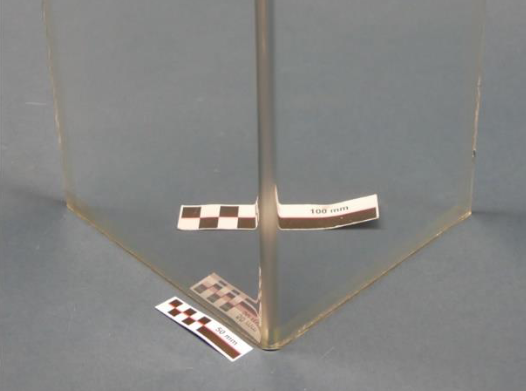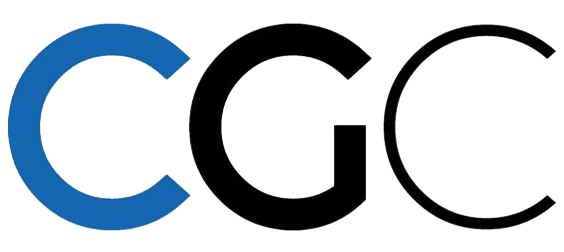Laser-Based Bending of Low-E Coated Flat Glass
A Comparative Experimental Study

Abstract
The bending of glass allows architectural freedom of design and at the same time to offer ecological and economical sustainable advantages through material-appropriate design. Coated low-emissivity and uncoated glass were treated using our innovative laser-induced bending technique. The microstructure and spectral properties of coated low-emissivity and uncoated glass were analysed by scanning electron microscopy and spectrophotometry. Due to the anisotropy of coated glass, the reflective property significantly impacts the bending process dependent on the side exposed to the laser. If the laser-based bending is focused on the uncoated side of low-emissivity glass, a faster bending process compared to the uncoated glass is observed while maintaining the same laser power. The reflective properties of low-emissivity glass are maintained after the bending process. The near infrared reflectance of low-emissivity glass remains about 50% higher than uncoated glass. This study presents the laser-based glass bending technology as fit for purpose and proves the applicability of coated bent glass for architectural purposes.
Published
Issue
Section
Curved Glass
License
Copyright (c) 2024 Najoua Bolakhrif, Sandra Mee, Thomas Pauly, Adrian Baab, Tobias Rist

This work is licensed under a Creative Commons Attribution 4.0 International License.



